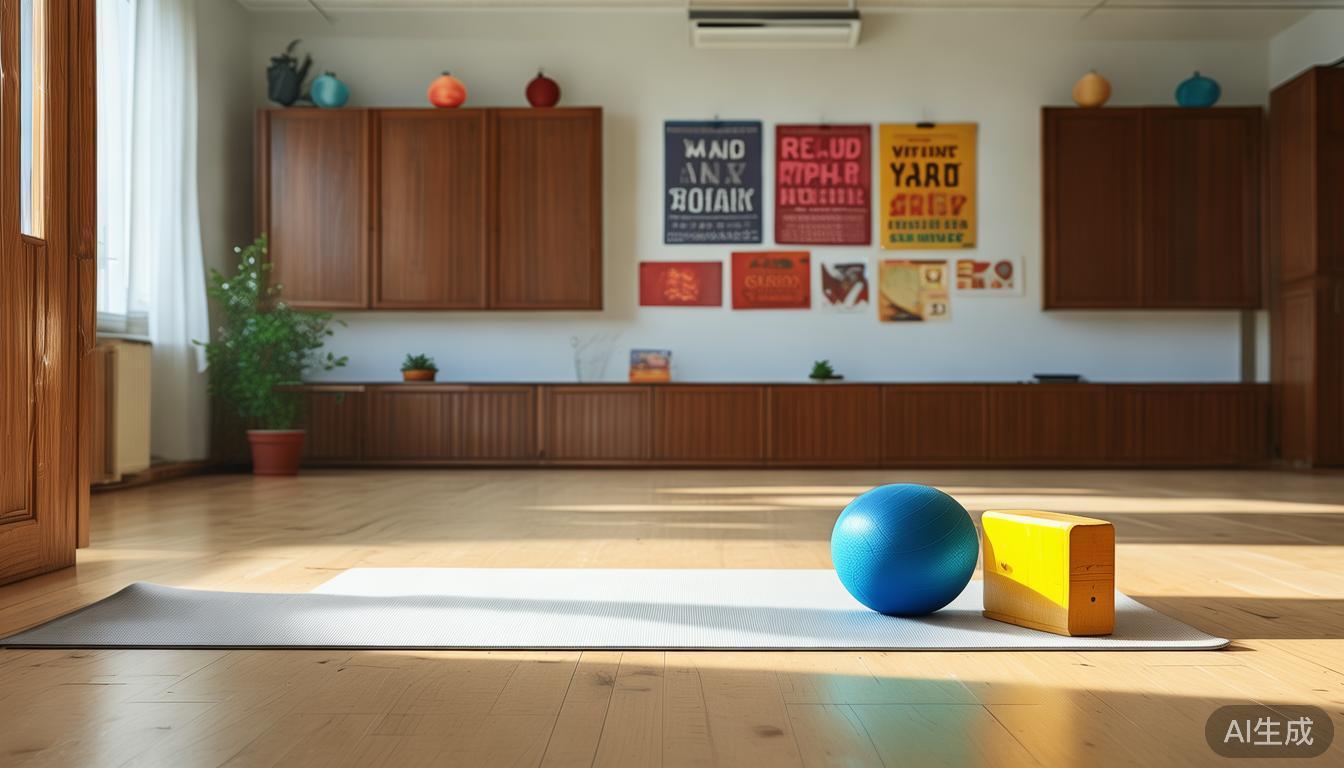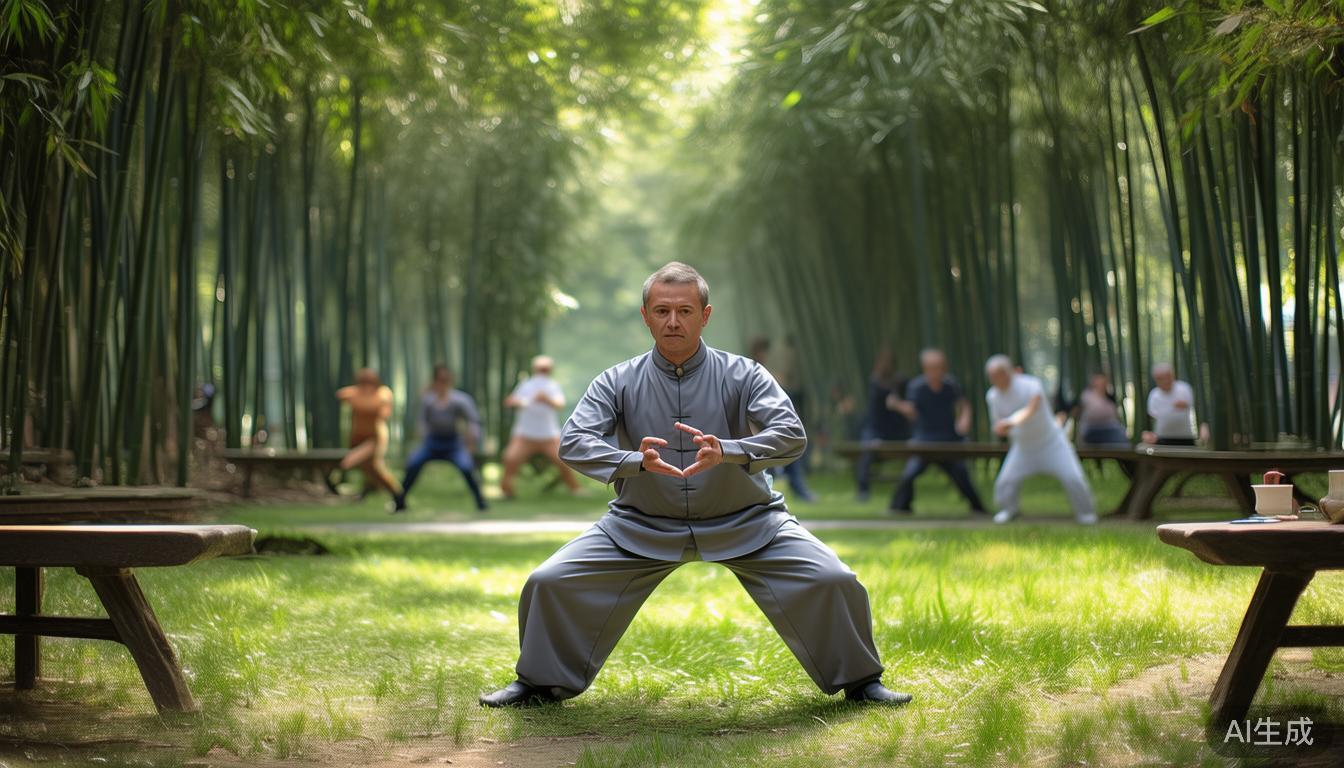As we grow older, maintaining physical strength and mental health is becoming increasingly important. Tai Chi is favored by many elderly friends with its soft and coherent movements and profound health concepts. This kind of exercise can not only significantly improve the sense of balance and reduce the possibility of falling, but also effectively reduce the mental burden and bring inner peace. To start this helpful activity, the first priority is to find a surrounding Tai Chi class or practice group designed specifically for the elderly.
What are the specific benefits of Tai Chi to the elderly
If you regularly perform Tai Chi activities, the physical condition of the elderly will be significantly improved. This kind of exercise is characterized by slow movement and strong control, which can effectively strengthen the muscle strength of the lower body and at the same time enhance the range of motion of the joints, which is very helpful in preventing falls. Many practitioners said that after persisting in practicing Tai Chi, their walking posture will be more stable and their daily life will be more convenient.
Tai Chi can not only strengthen the body, but also have a good promoting effect on the mental state. During the practice, you should concentrate and coordinate your breathing and movements . This state of movement and stillness can calm your emotions and relieve tension. Group practice can also create a social environment that allows the elderly to feel a sense of belonging, thereby improving their satisfaction with life.
How to choose Tai Chi courses suitable for the elderly
Safety factors should be prioritized when choosing a course. Qualified instructors need to have the special ability to teach the elderly population and be able to set the difficulty of the action based on each person's different situations. Before class, you should actively inform the coach of your physical condition, such as the knee joint or waist condition, so as to develop an exercise plan that is both suitable for individuals and safe.

Teaching venues and curriculum arrangements are equally important. You need to find a quiet, flat and air-circulating place, and it is best not to move on hard cement floors. The course should be progressing a little slower, and you should leave enough time to warm up and organize. A good course does not require standard movements, but allows students to experience their body's reactions when they feel comfortable.
Where to find nearby elderly Tai Chi groups
Community resources can be prioritized when looking for Tai Chi groups. Go to consult the local elderly activity center, community neighborhood committee or street cultural station, which often organize low-cost Tai Chi courses. Many parks have spontaneous Tai Chi practitioners gathered in the morning, and the environment is generally more easy-going and harmonious.
Online platforms can also obtain useful information. Enter "Tai Chi in Elderly" and "Tai Chi teaching points" on Baidu map or WeChat, and attach the name of your community or street, and you can usually find the surrounding practice place. This kind of information is also hidden in local life forums or communities. You can post more posts to inquire, and enthusiastic neighbors can often provide guidance.
What safety matters should beginners pay attention to
It is best to have a physical examination before starting the activity. If your blood pressure is high, your heart is in trouble, or your joints are severely inconvenient, you must first check it out. When exercising, wear loose and soft clothes and anti-slip flat shoes, which is convenient and safe to move.

You must pay attention to your body's feelings, which is the fundamental requirement for practicing Tai Chi. Never force yourself to do things that you can't do. Once you feel any discomfort, you should stop immediately. You should know that practicing Tai Chi is not a competition. Everyone has a different physical condition. Take your time and do it according to your own abilities to get long-term benefits.
How to stick to Tai Chi practice and integrate into daily life
To develop the habit of practicing Tai Chi, the first thing to do is to make it easier. You can combine exercises with daily affairs, such as doing a simplified set of movements after brushing your teeth every morning, or incorporating some Tai Chi steps when taking a walk after dinner at night. This method of adding new habits to old habits can make continuous practice easier.
Finding a partner to practice boxing together can make people more motivated. Make an appointment with friends and family, remind each other and share experiences, which will make this process interesting. Even if you practice alone, you can still remember your daily thoughts and progress. A little bit of gain will become a powerful motivation to continue practicing.
What fun elderly exercise programs do you have in your place? Everyone is welcome to leave a message to talk about their experiences or make suggestions. If you think this article is very useful, please try your best to give it a thumbs up and forward it to other partners.


